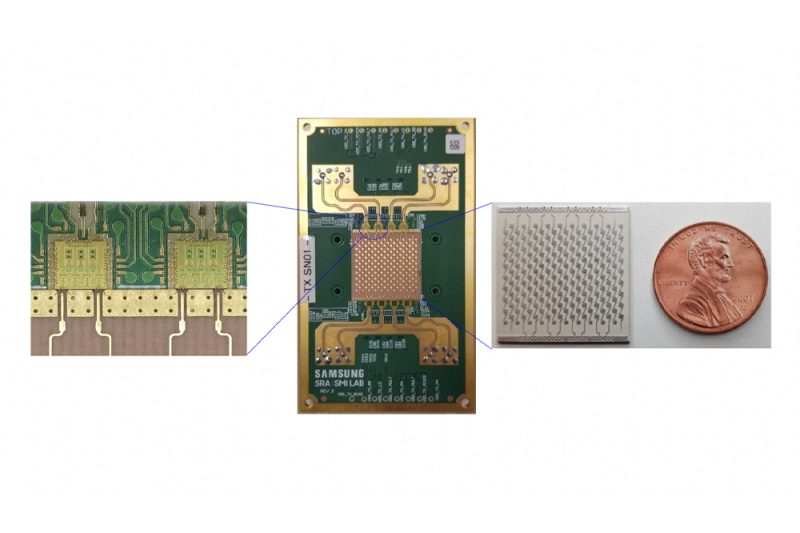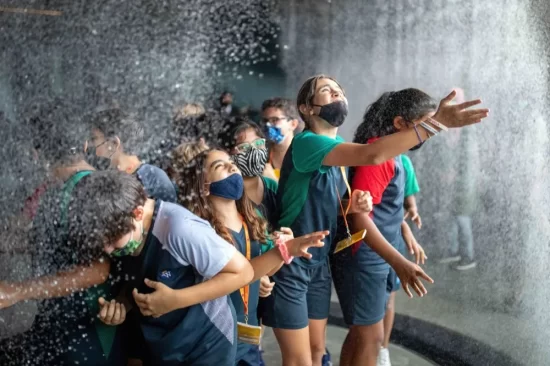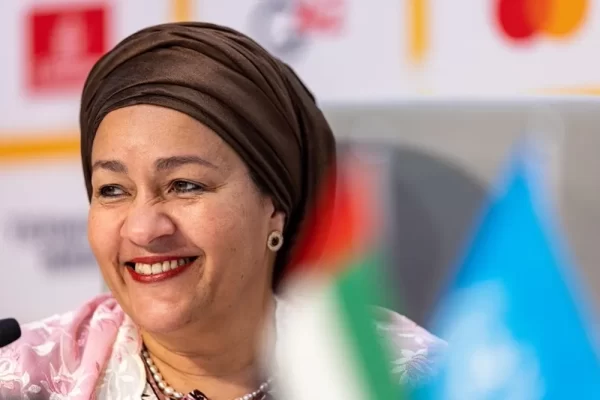DUBAI, 11 January 2022 – People need to be at the very centre of digitised services, artificial intelligence (AI) and the capabilities of digital twin technology, concluded thought leaders, visionaries and changemakers who gathered at Expo 2020 Dubai’s UK Pavilion for the World Majlis – Digital Twins and New Realities: Living and Thriving with New Realities on Tuesday.
Kurt Maldovan, Global Director, Digital Delivery Solutions, Jacobs, USA highlighted the positive impact of digital twin technology: “We can use digital twin technology in different ways. Through receiving real-time information and real data, we can show people what they’re going to experience, whether it be a singular building itself, or an entire city planning, roadway design, etc… We can also work with that data, as the technology has the ability to run through multiple scenarios, so that we adopt the best sustainable design for any future project.”
Dr Amy Hochadel, Director, Global Business, Connected Places Catapult, UK, underlined the need for digital twin technology, saying: “The way we live is changing, the way that we’re working is changing, how we get to work, how we move around cities, and even the way that we govern our cities [is changing].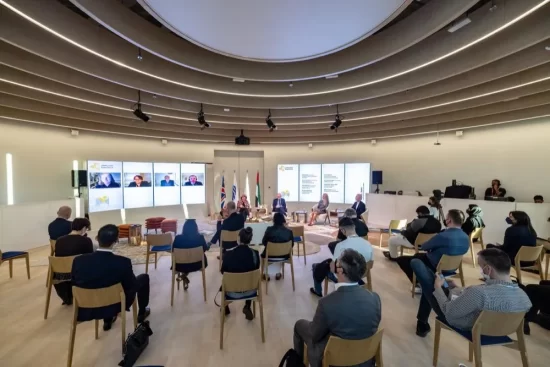
“And so digital twins allow us to plan and model our cities of the future based on a vision. What if we keep that vision of the future city in our mind and then run all of the scenarios about how we achieve that so that we can create healthy, happy and efficient cities?”
The panel noted many benefits of digital twin technology, from decarbonising the built environment and creating more resilient cities, to shifting healthcare in a direction that focuses more on precision and preventive care.
The advantages of digital spaces are being brought to life through placing digital people into these spheres, as Greg Cross, Artificial Intelligence Pioneer and Chief Business Officer, Soul Machines explained: “The digital people that we create are being autonomously animated by their own digital brain and their brain is wired and the roles they have are specific to their role in the digital world, whether it is delivering healthcare, assisting with the shopping experience, or with the banking experience.”
Brendan McGetrick, Creative Director, Museum of the Future, UAE also highlighted the significance of the World Majlis: “I think that the role of a museum or anyone in the kind of cultural space within this conference is to encourage people to understand that they have a stake in it [future technologies], and to encourage them to think about what that means, not from a position of concern necessarily, but from a position of imagination: What is the good that can come from that?”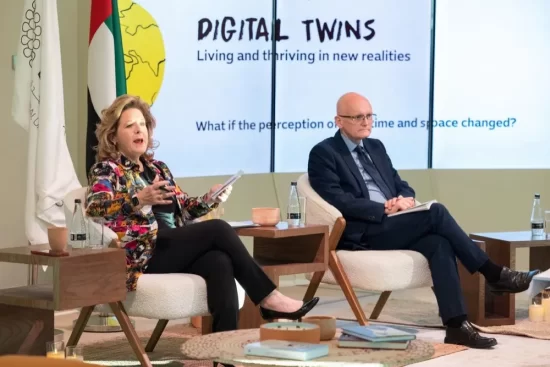
Urška Starc-Peceny, PhD, Chief Innovation Officer, Arctur Ltd, Slovenia, revealed the current challenges of creating and implementing twin technology: “We are assessing six destinations on the Black Sea and 24 Danube destinations, and discussing [this] with Asia Pacific countries. The reality is that data is spread everywhere and we are trying to bring it all together… We first need to make a shift in understanding the importance of this data, to remove the fear of it and really try to find ways to ensure decision-making is transparent for the sake of improving the quality of life and [city] planning.”
Professor Yacine Rezgui, Urban Intelligence, Cardiff University, UK, revealed how best to combat these fears: “I think it’s essential to be able to detect and prevent technology from behaving in a way that has negative consequences. From a digital twin perspective, it’s very important to make sure that ethical issues and privacy is adhered to. Digital twin technology needs to be governed and to have its own governance rules… This means ensuring secure communications and interactions with the digital twin and making sure all the information stored within the cloud systems that underpin the digital twin are securely managed.”
The World Majlis formed part of Expo 2020 Dubai’s Travel and Connectivity Week from 9-15 January, which is convening leading industry figures, innovators and policymakers around digitalisation and connectivity as a universal human right and force for good in a changed world.-




















